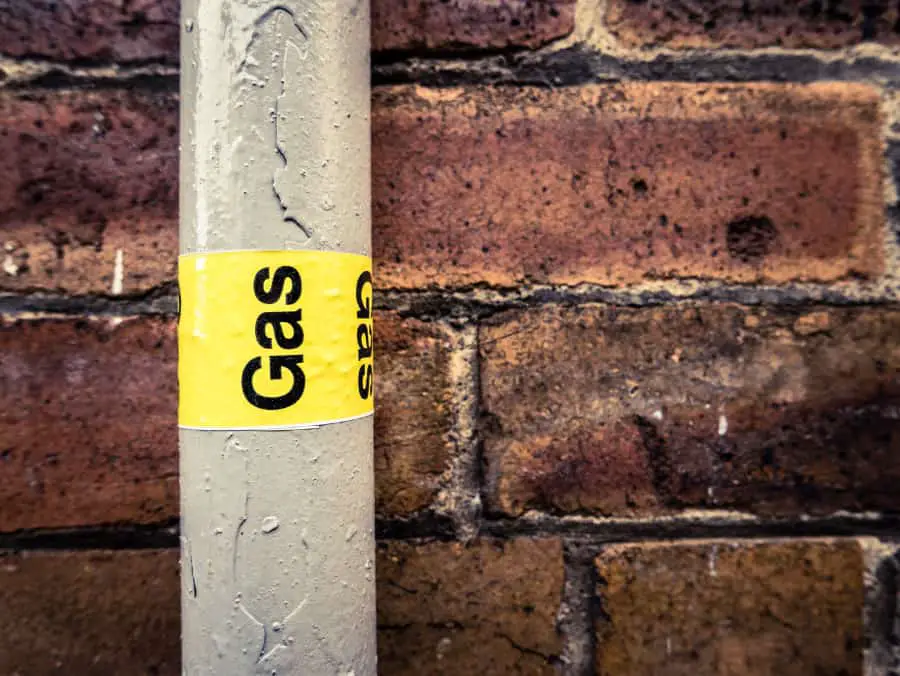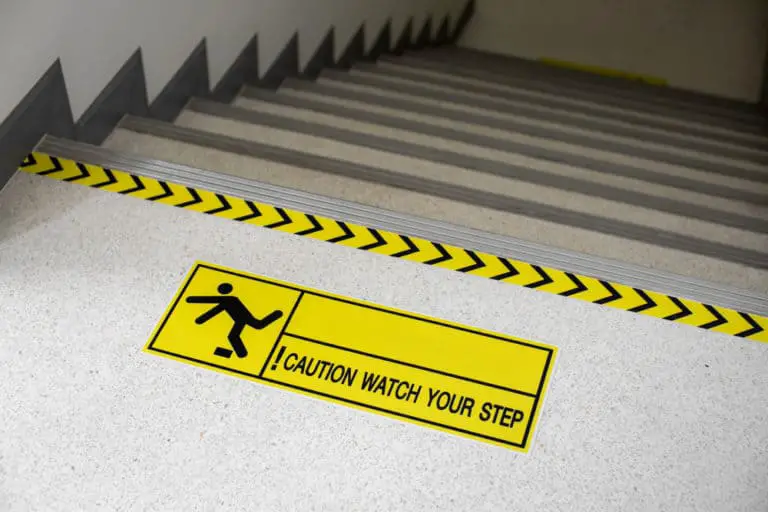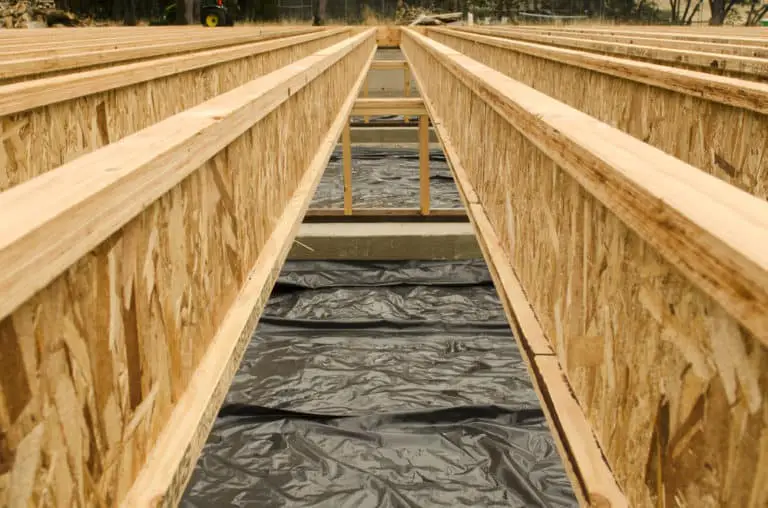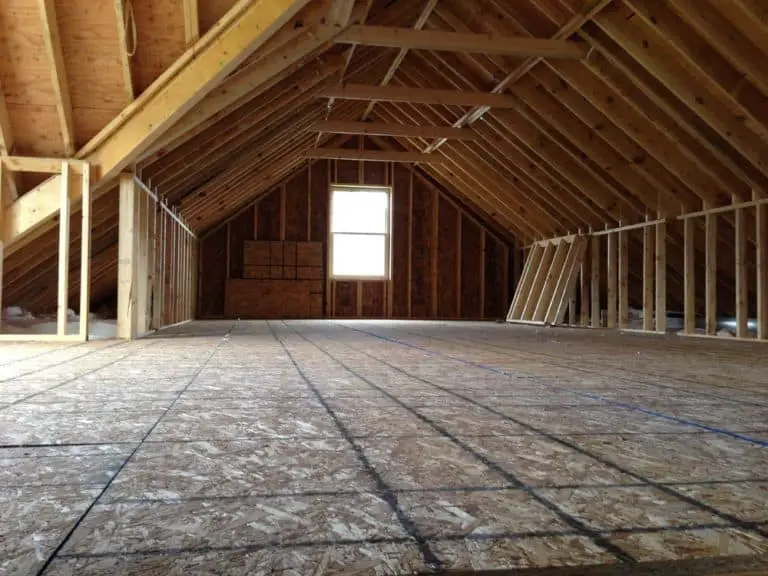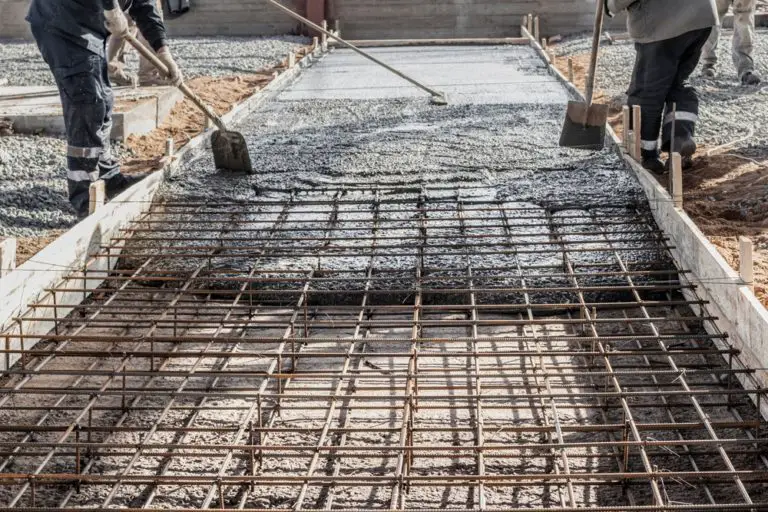Can You Pour Concrete Over a Gas Line?
Heat is an important part of our day to day living. Gas lines provide the fuel needed for these fires to burn in our homes and our places of business. Concrete is one of the most used materials in the world due to its practicality. The question now is if concrete has any detrimental effects on a gas line.
No, you cannot pour concrete over a gas line. The concrete might damage the pipe, especially if there is any seismic activity. It can be possible to build over a gas line if there are certain safety precautions taken.
In this article, we’ll be going into what you can do as a homeowner if you have any problems related to gas lines. We’ll also be tackling why following safety protocols are important when it comes to gas lines and how gas lines actually work.
What do gas lines do?
Gas lines provide the gas to structures. The type of gases transported is usually highly-flammable. There are many uses for highly-flammable gas for homeowners, such as cooking food, heating water, or heating your home through a fireplace.
Just like water pipes, gas lines are also heavily reliant on the pressure inside the pipes to reach their intended target. The danger and problem that arises with this is that if there is any leak at all on the gas pipe, the gas will be sprayed and spread across the air. That’s why the scent of gas is a sign that there is a leak.
Are gas lines dangerous?
A leaking gas line is very dangerous. The gas in the air can combust the moment something activates it. A small spark from the microwave or a flick of a match can set off any loose gas in the air and immediately cause a fire to spread.
Contrary to movies, gas lines don’t explode. Instead, the air acts as if it’s being turned into fire. That’s why gas line leaks are serious, and safety precautions are strictly complied with to reduce the chances of any damage happening to the gas line.
As stated earlier, pressure is an important aspect of the distribution of gas. The regulators, people who work on this system, can recognize if there’s a leak based on a certain line’s behavior. In the modern age, computers are there to help regulators monitor if there are any absurdities. If anything abnormal happens, the regulators send a team to check on that section of the gas line and see if it’s safe.
Why can’t concrete be built over gas lines?
First and foremost, gas lines need to be regularly maintained to function properly.
This includes cleaning and maintenance checks. Considering the nature of gas, it can’t be seen and can only be smelled. The gas line must be easy to check at all times to assess any damages.
Concrete makes things harder to be accessed. This can be either a good thing or a bad thing depending on the situation. In the situation of gas lines, there are no advantages at all to having concrete poured on top of them, and instead, it can cause a lot of problems.
Accessing things beneath concrete will require the workers to actually break it. Applying such force could end up also causing damage to things that the workers want to access. This is the reason why in colder countries, where pipes can freeze, it’s not advised to have your water pipes covered by concrete.
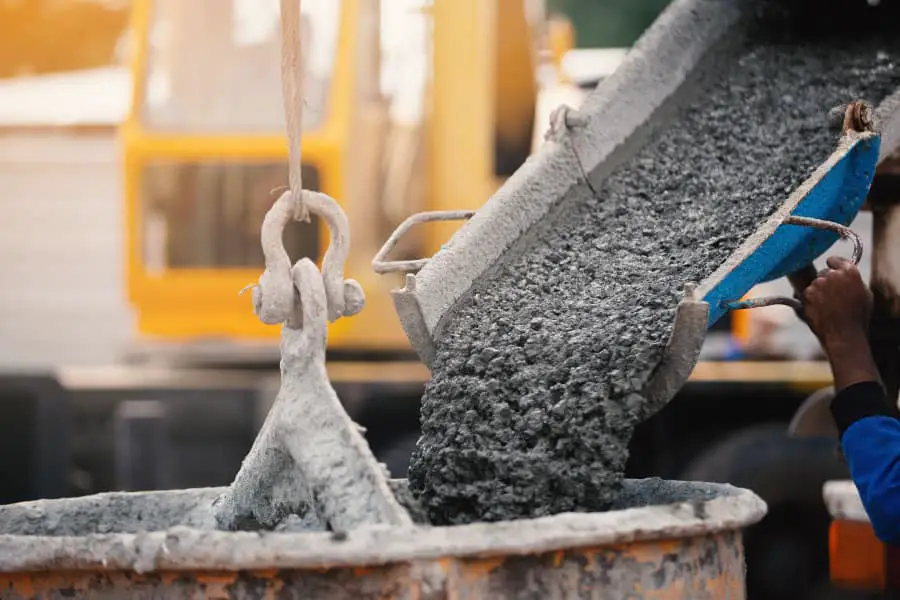
What to do if there is a gas line running underneath my lot?
The best action to take is to have the gas line rerouted. The gas line leading to your lot should be shut off temporarily, and a new line could possibly be installed. A mechanical permit can be secured from your local government, and you’ll just have to provide a different means for the gas pipe to move around.
If that’s not possible, there are some protocols in place to help you keep the gas line safe. This usually applies to buildings instead of homes, but having a gas-tight “sealant” around the gas pipe and having it at a certain distance from the building will allow you to build.
This rarely happens, however. Cities are planned in such a way that gas lines would almost never run beneath a lot. The minimum distance that any home should have from a gas line is 50 feet, the same distance that smokers are asked to maintain from a truck transporting gasoline.
Can garage extensions or any other extensions be affected by gas lines?
Yes, it’s entirely possible for any home renovation that involves extending the building to end up being too close to a gas line. Perhaps the original architect intended to follow the rules by having your house built exactly at the point at which the gas line is 50 feet away.
If you want to still have a garage extension or any other extensions for that matter, then it will depend on what type of gas line is currently there (the smaller ones are usually easier to move) and if your city will permit you to move that gas line.
It’s advised that you be very careful when it comes to these types of constructions. If a building official or a team from the gas line regulators notice that you have built a structure that’s too close to the gas line, they can easily give you a notice to demolish said parts of the house, and you’ll be the one that has to pay for it since your building is the one causing a violation.
Actionable Steps
First and foremost, you have to know where the gas line is located in your area.
After this, you can then determine what is the most economical action for you to take. If you have any renovations planned that will be too near a gas line, you’ll have to either pay for the gas line to be rerouted or just have to redesign your renovation.
Always work with professionals for anything involving gas lines and electrical lines. These two utilities are the ones that are the most dangerous because they can easily start fires if not handled properly. The cost of consulting a professional is far less than the cost of restoring a burned house.
Not every city or country has a gas line system. Even such, learning more about the proper handling of gas since almost every home in the world needs to produce heat to cook is important. Designing your areas accordingly such that the gas would not be combusted in any way possible by removing any activities that add additional risks.
Conclusion
When it comes to gas lines, safety first is always the main priority. Ensure that you are working with professionals and have the necessary permits when you need to do any construction interventions with gas lines.
Concrete is a very versatile and used material. There is, however, a time and place as to when to use it and when not to. Although pouring concrete may seem like a good idea because it makes gas lines almost inaccessible, it will just make things worst if something goes wrong.

